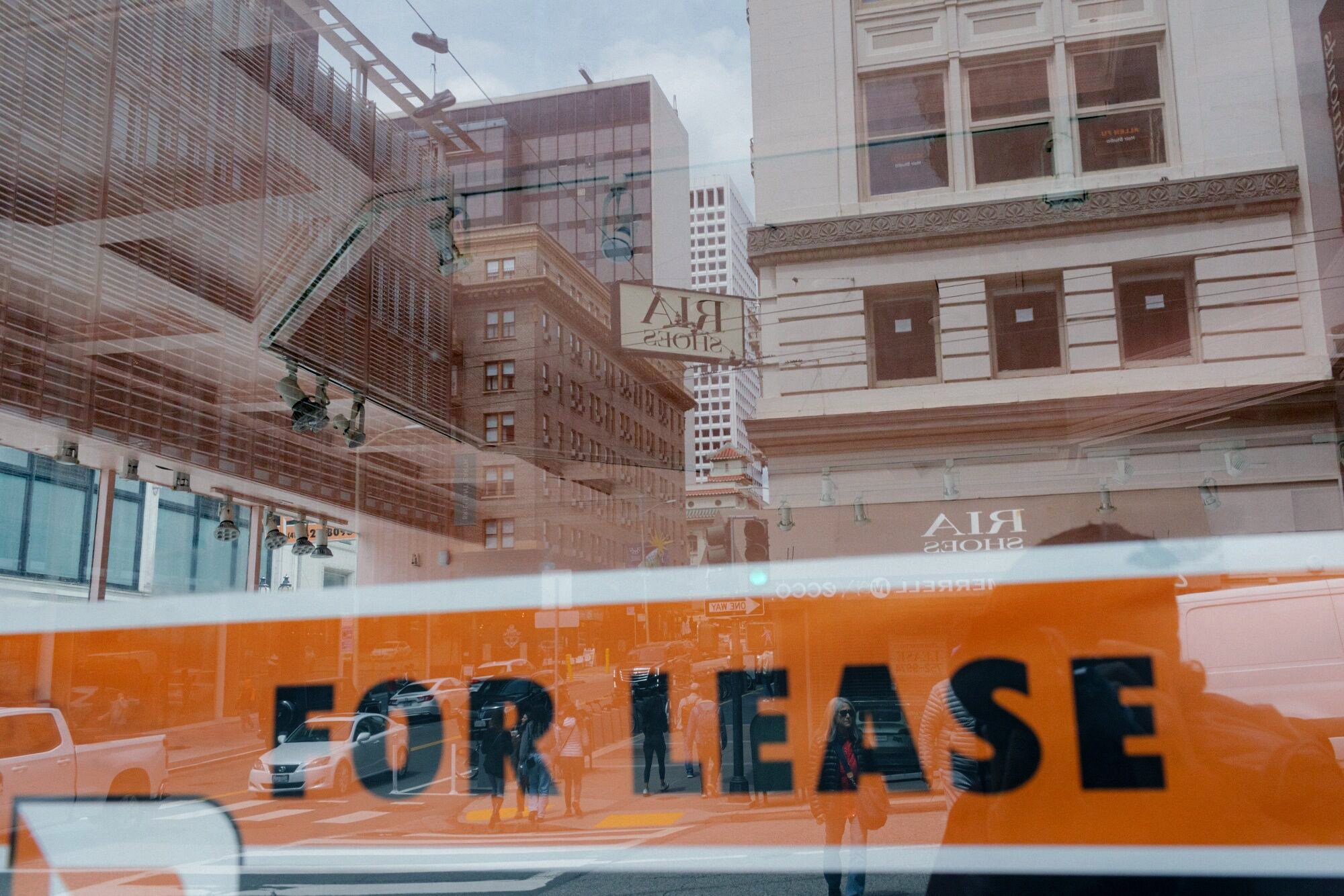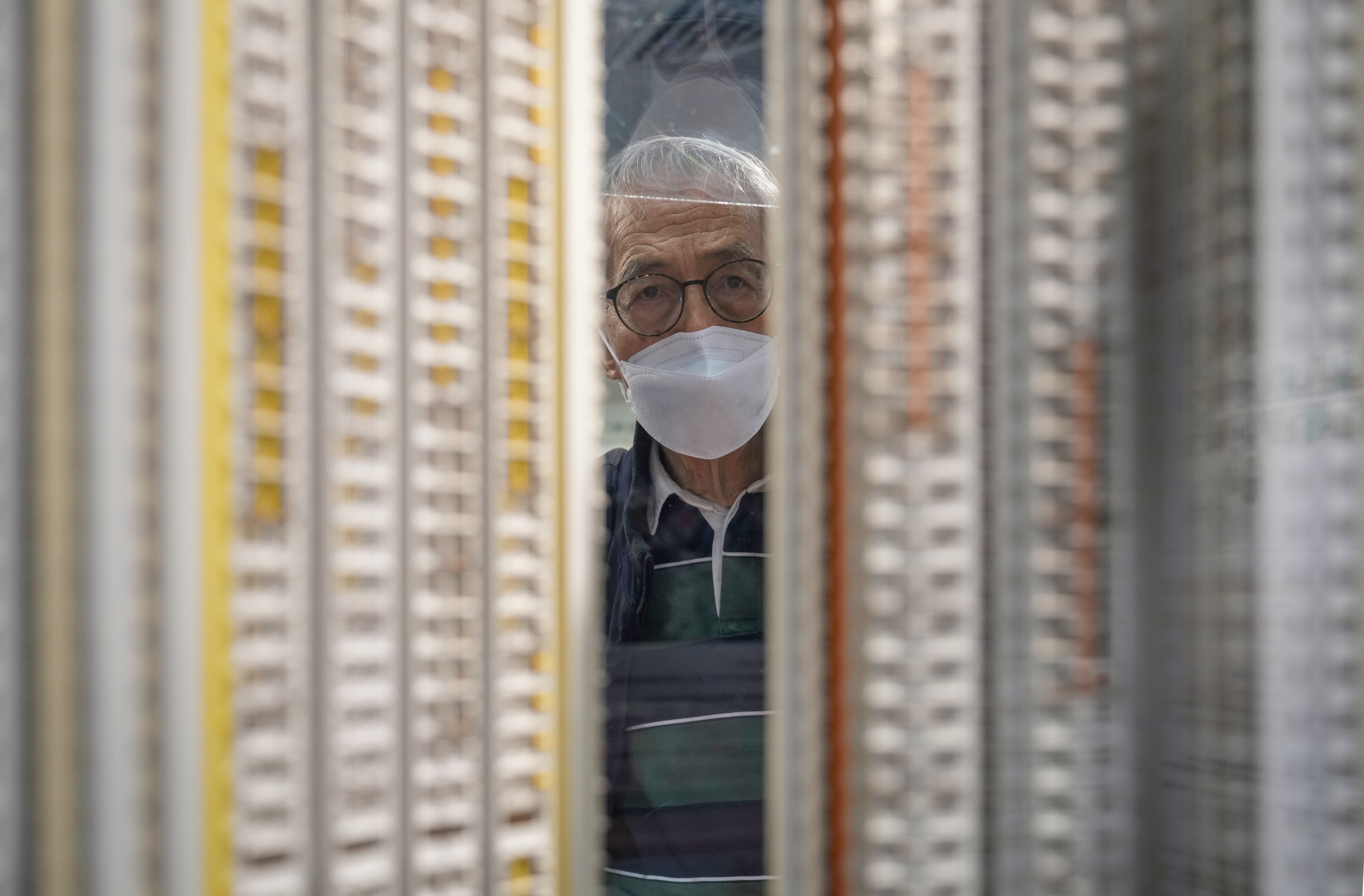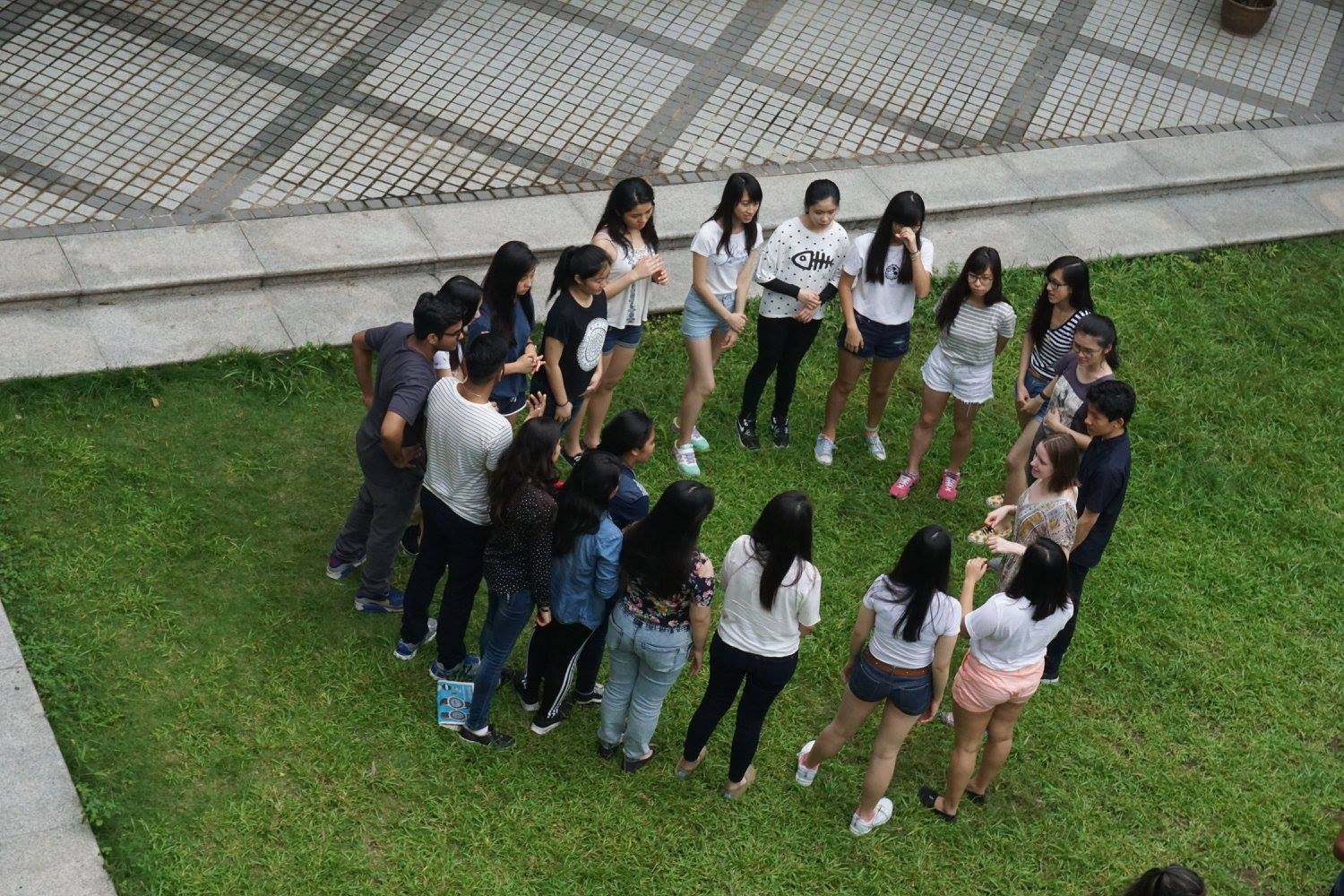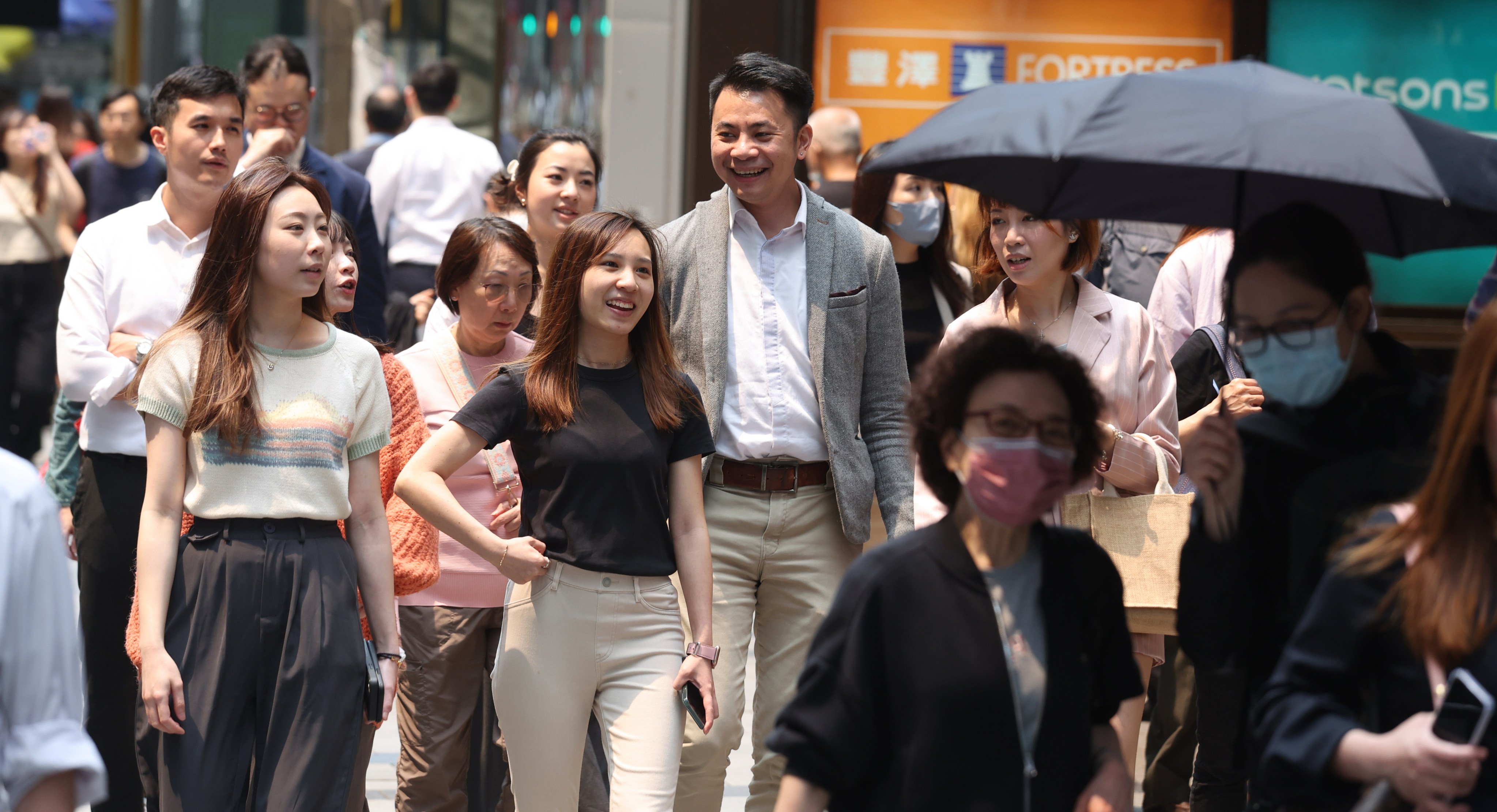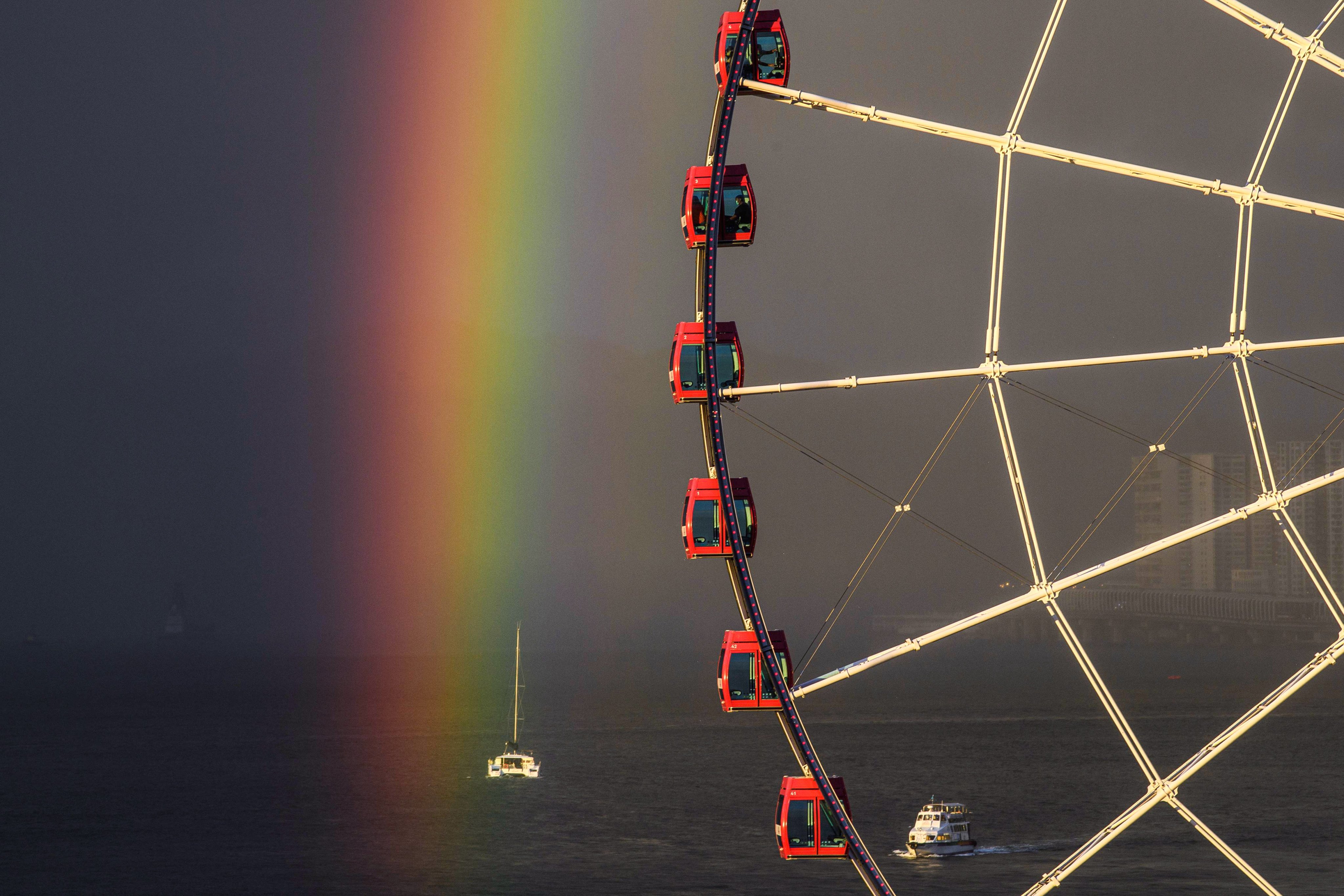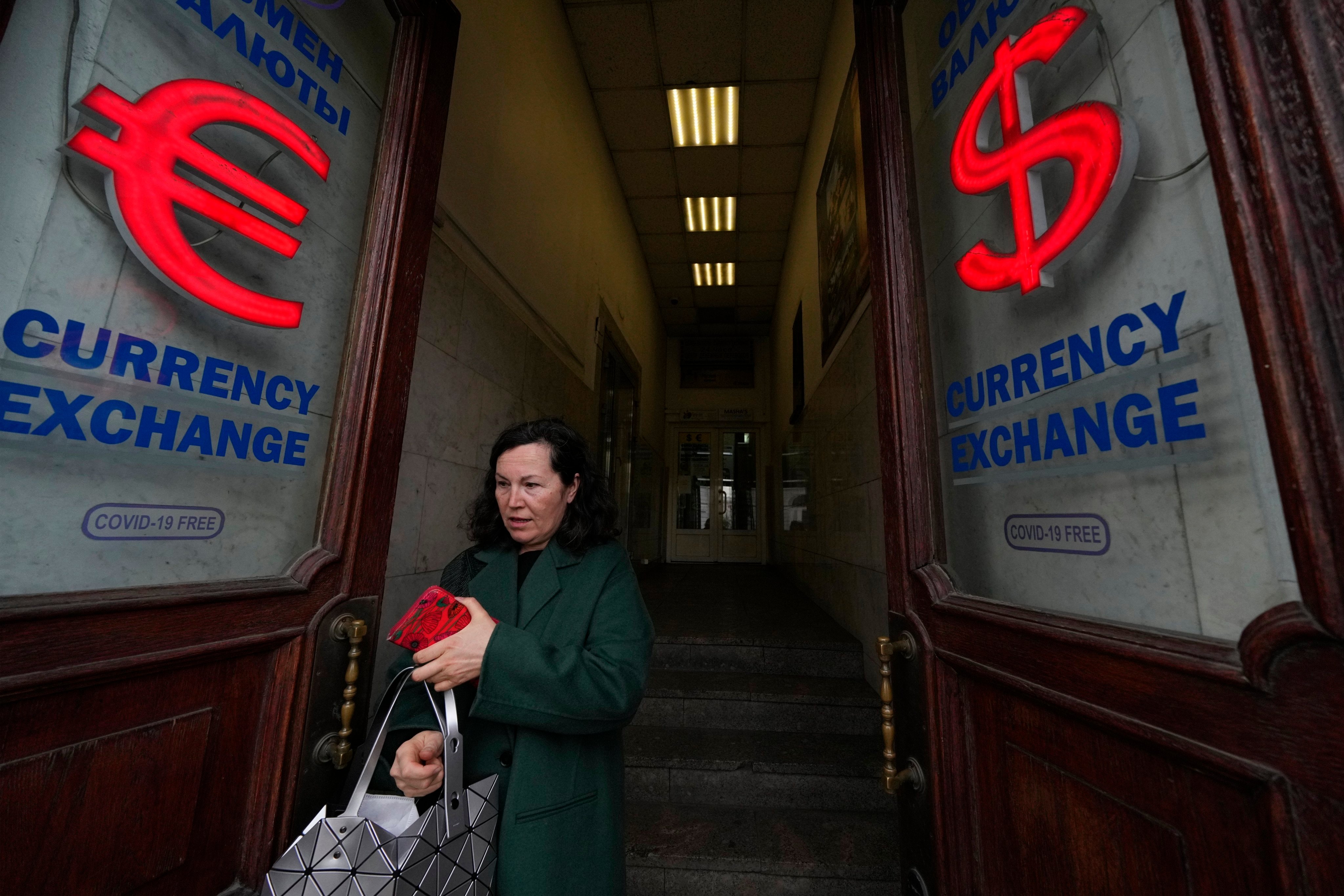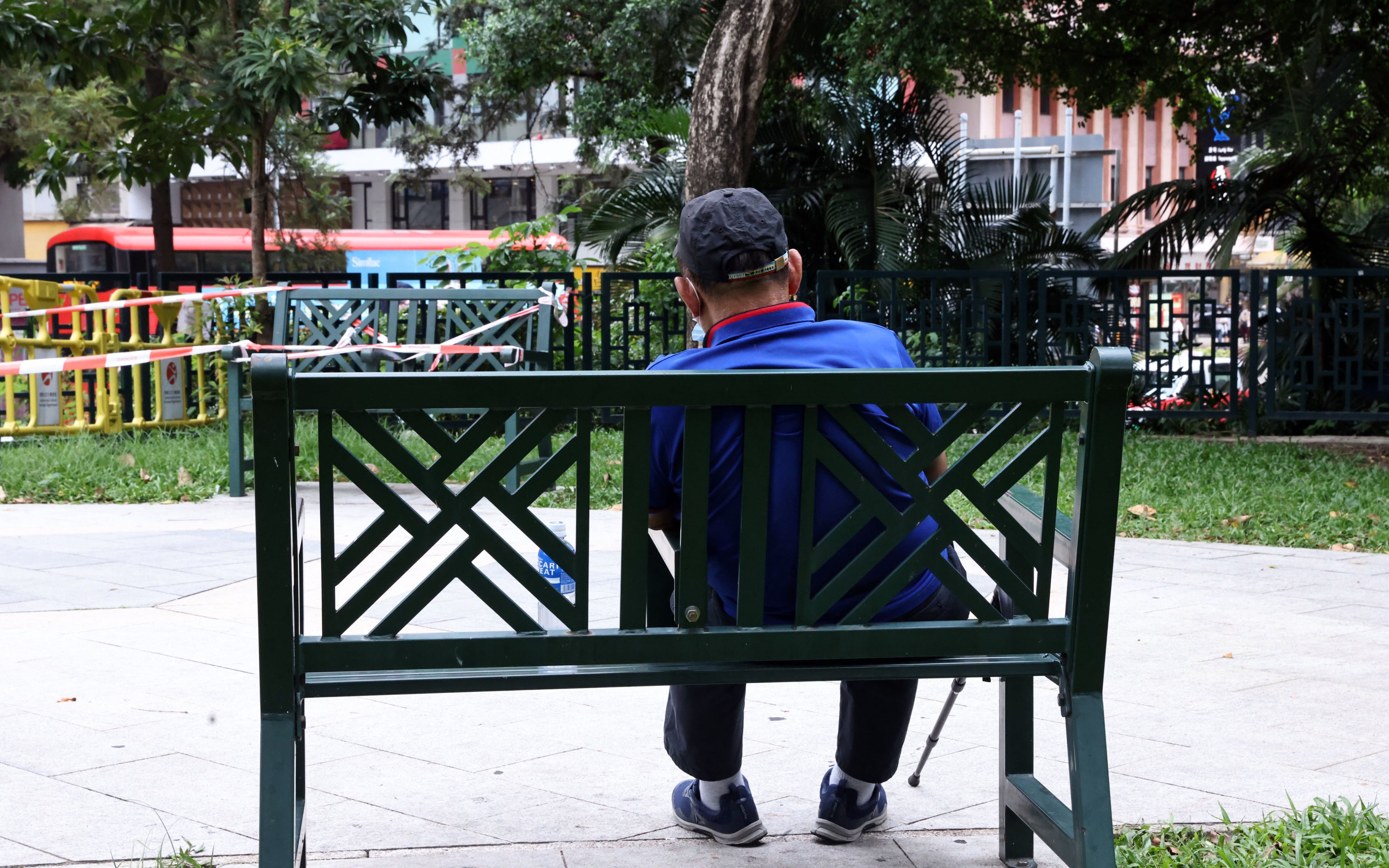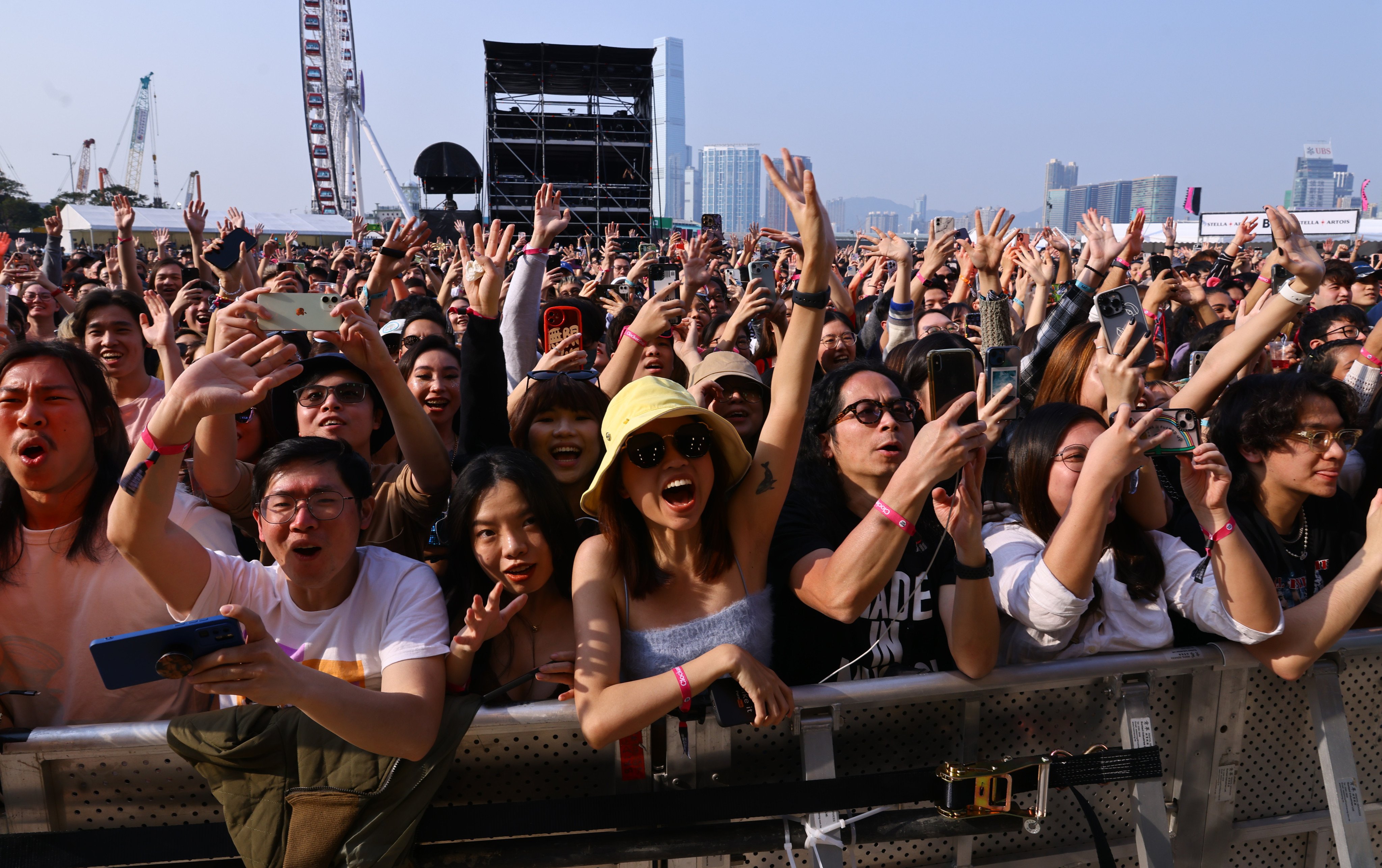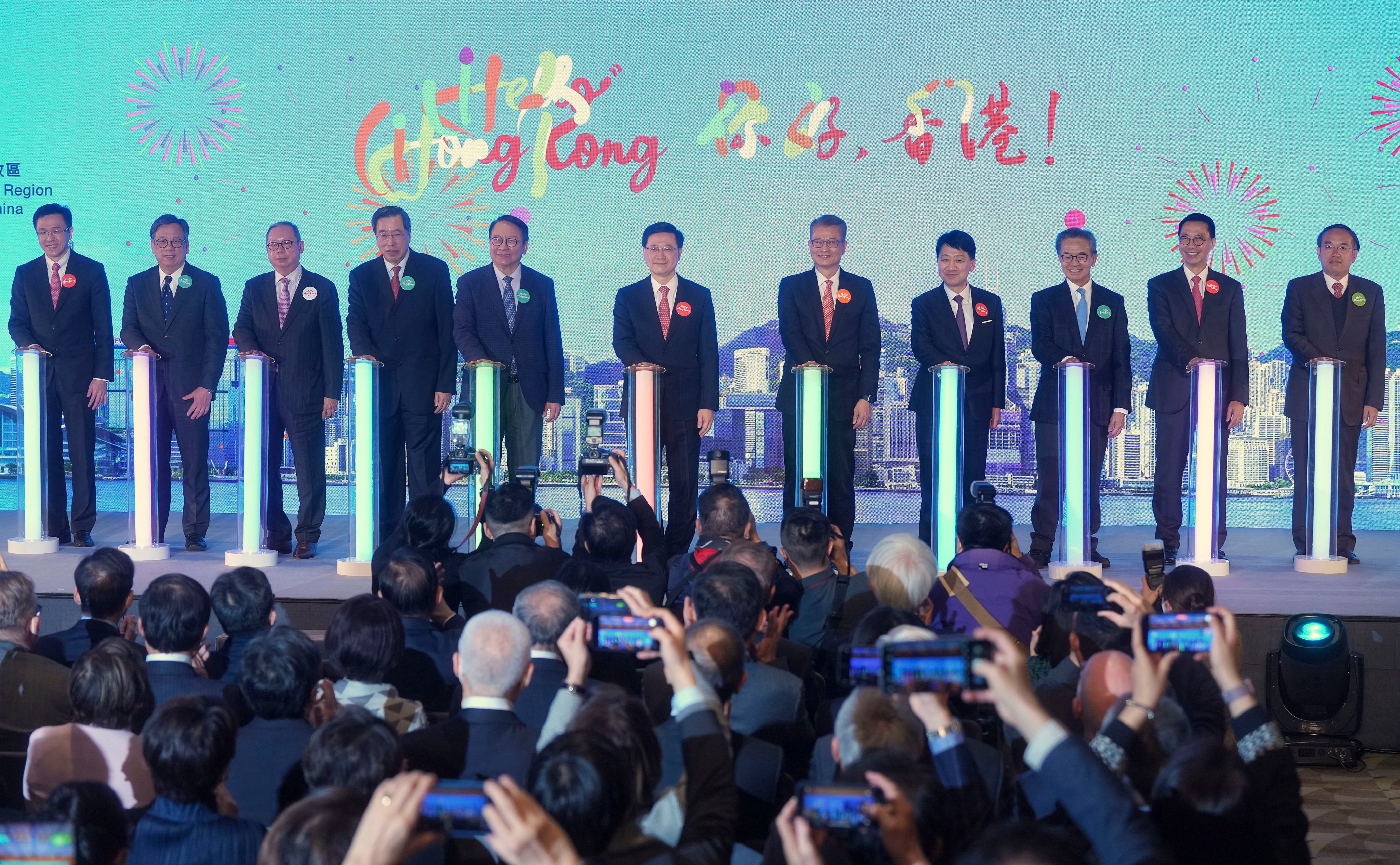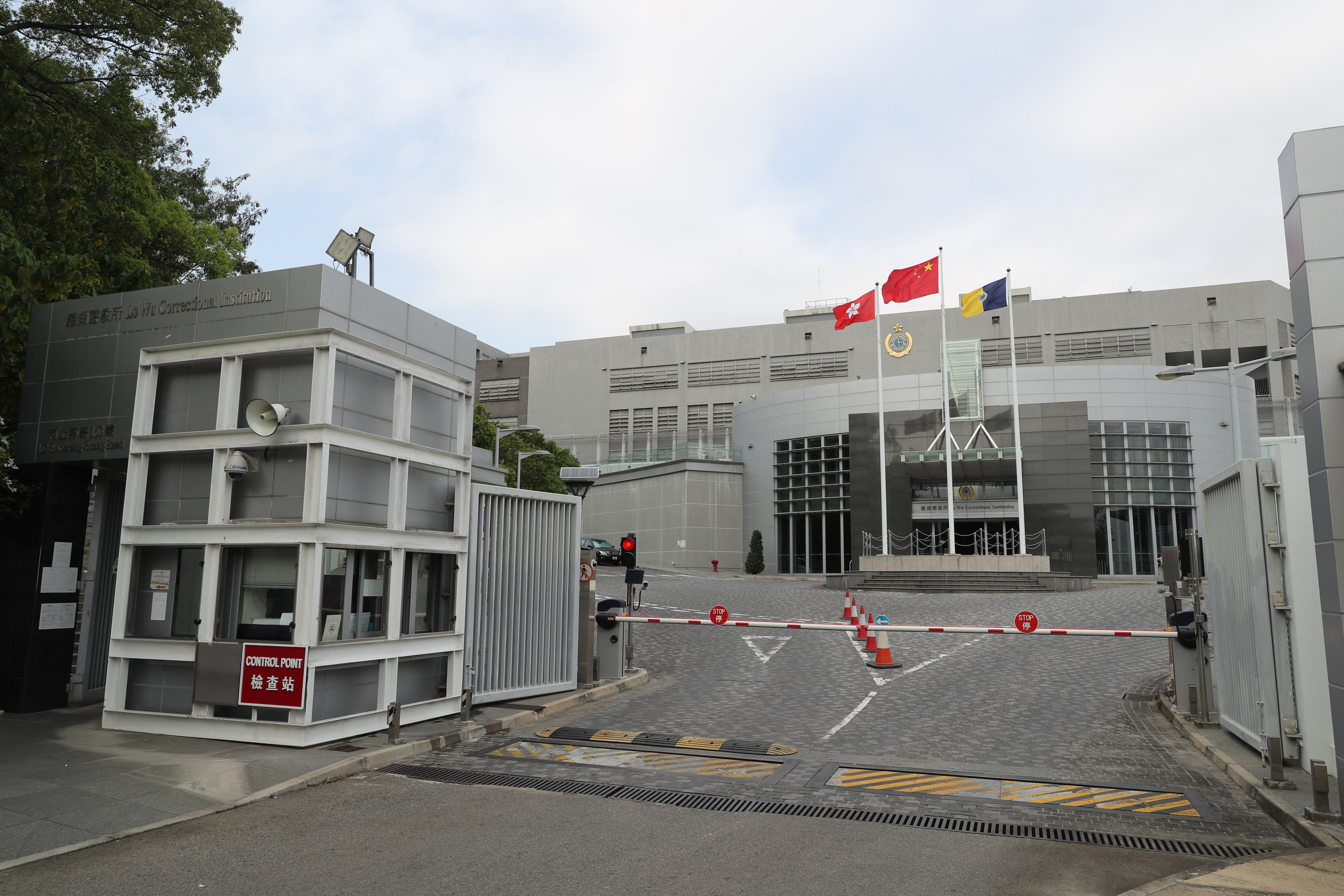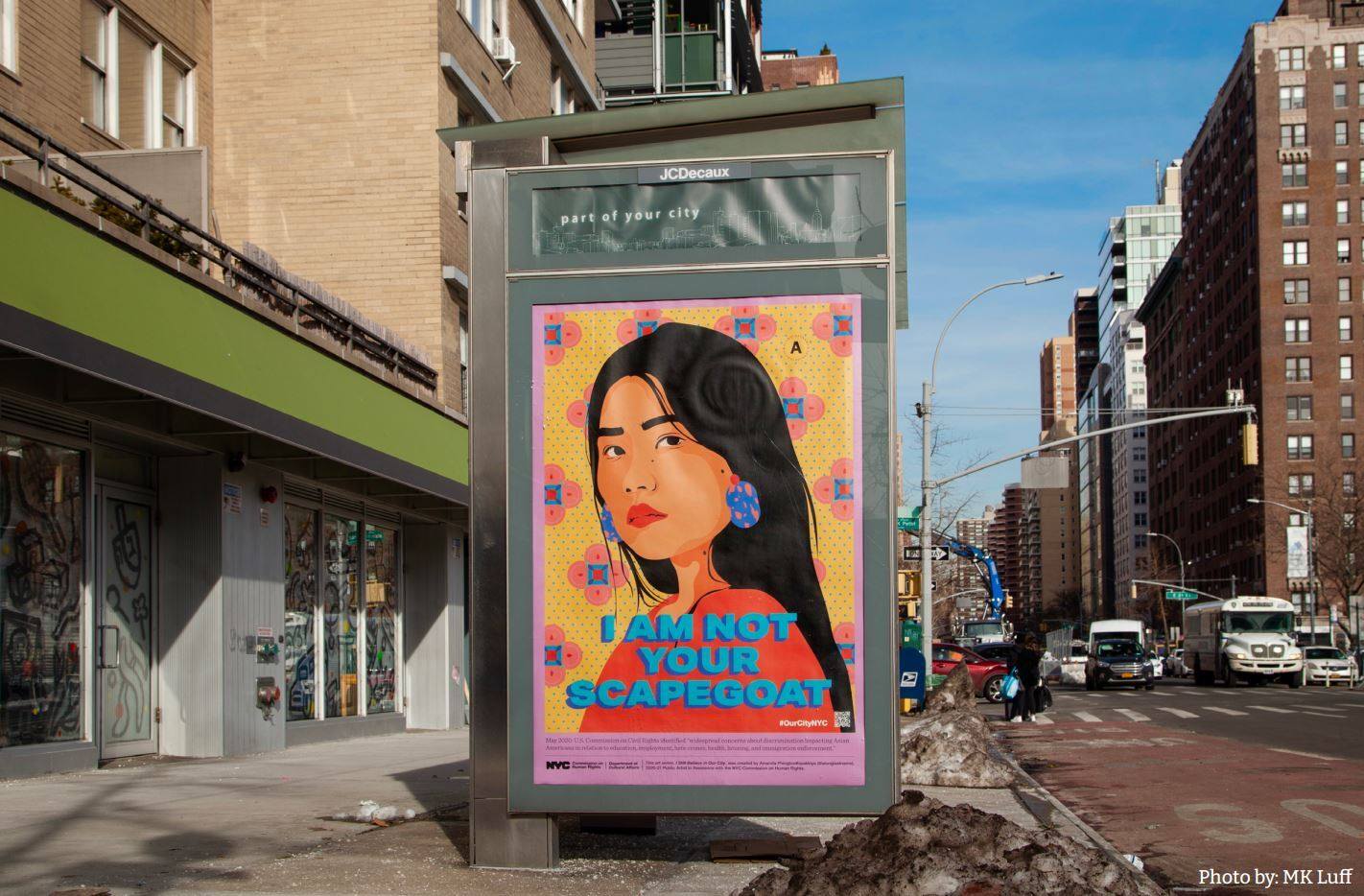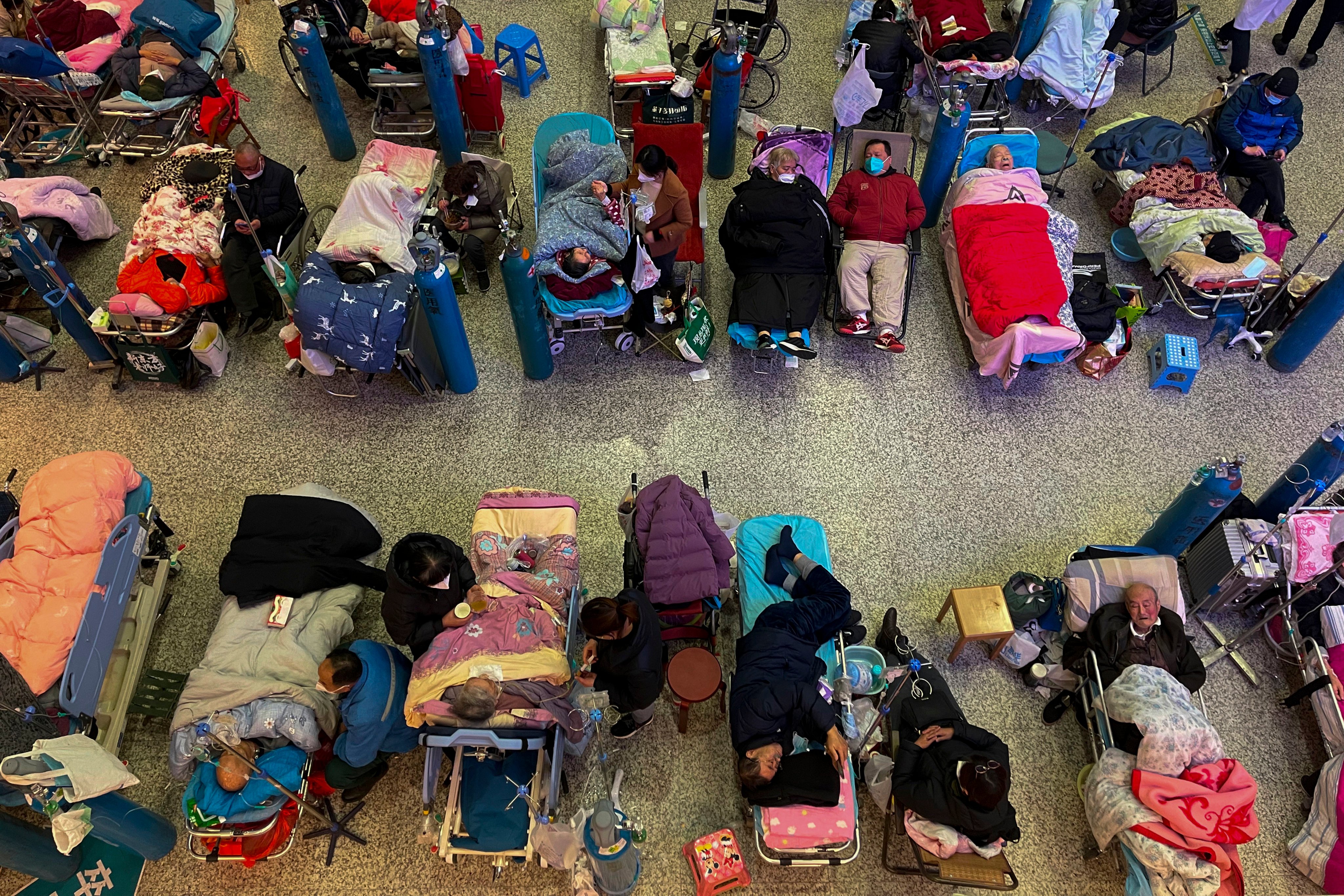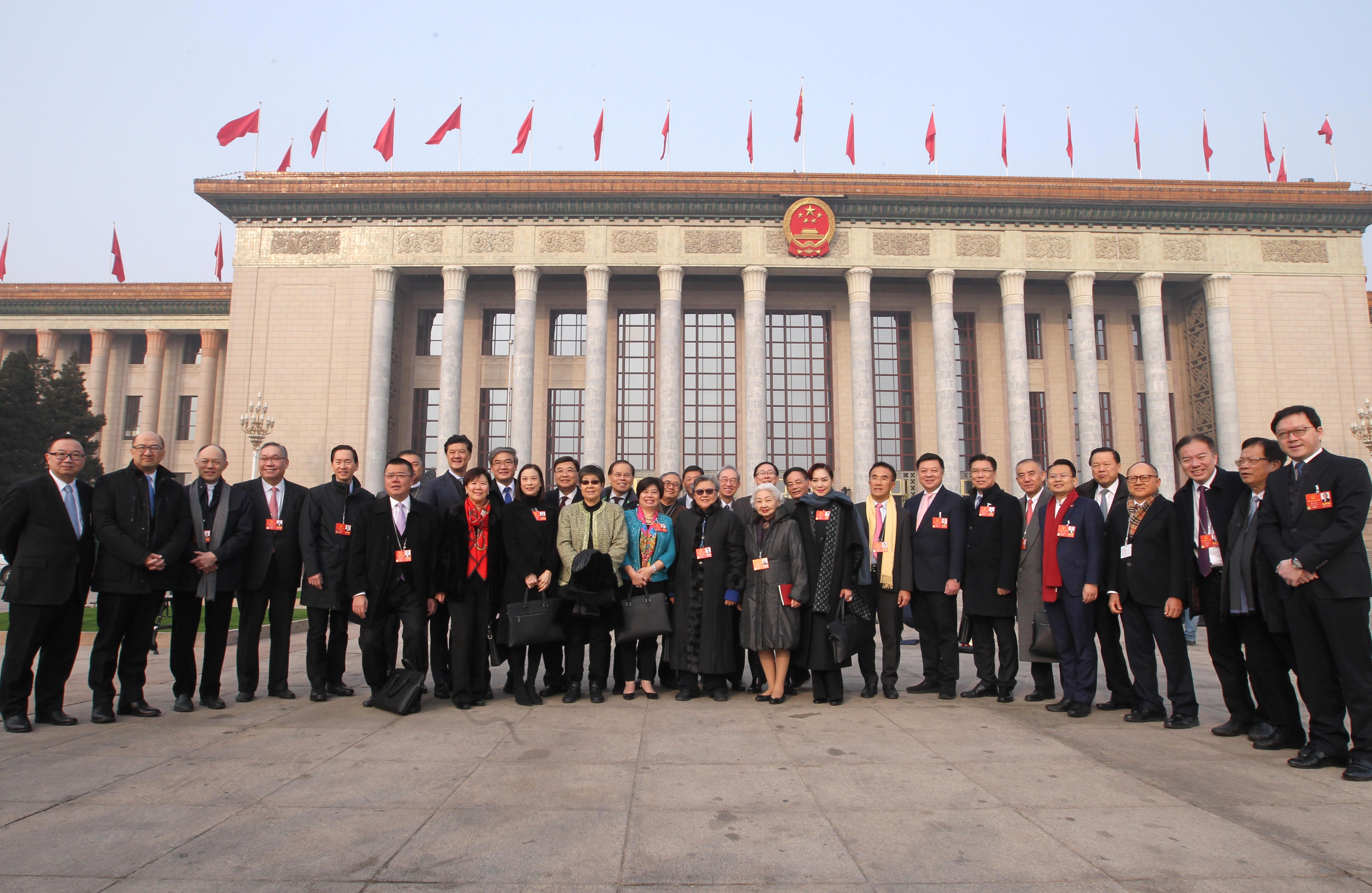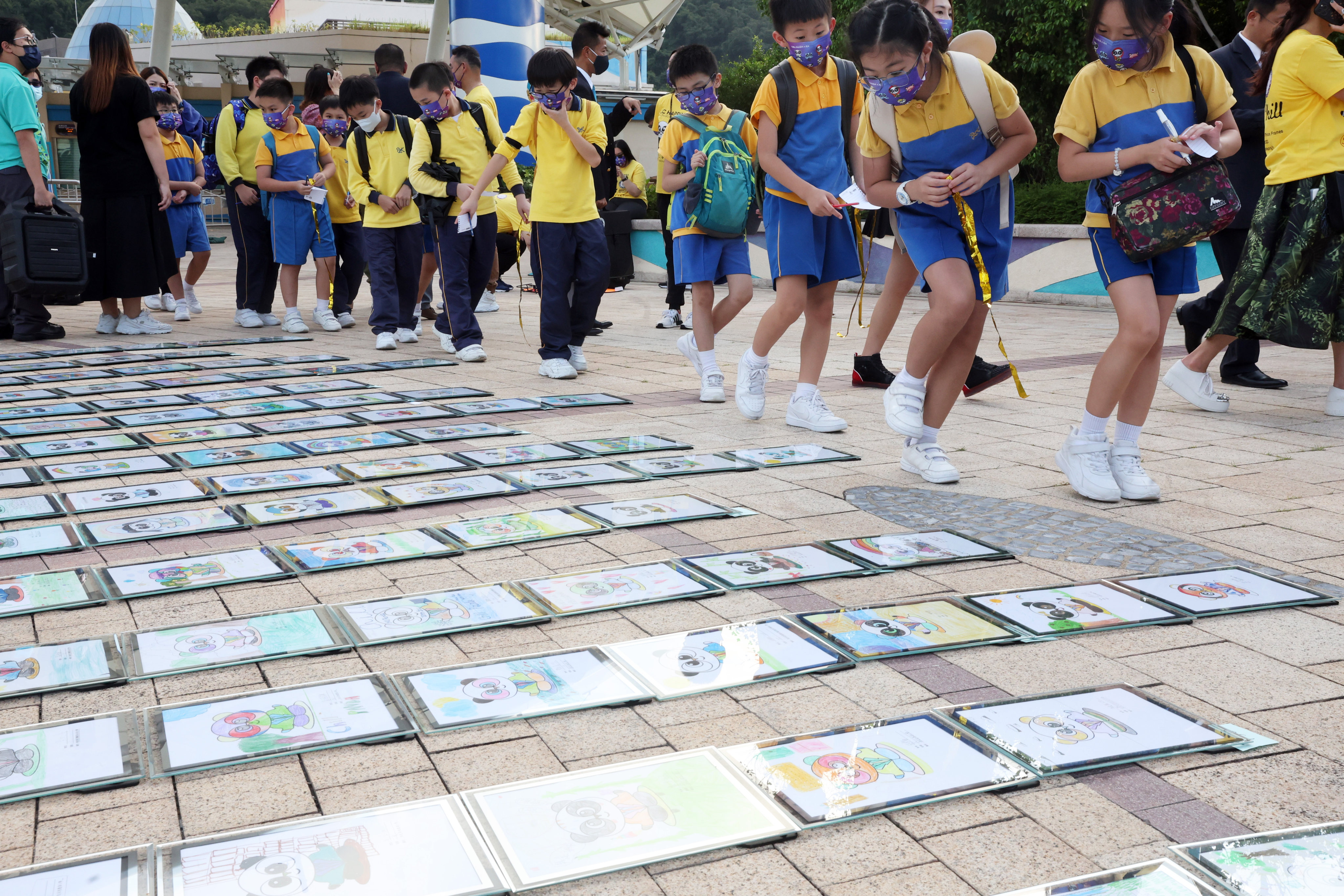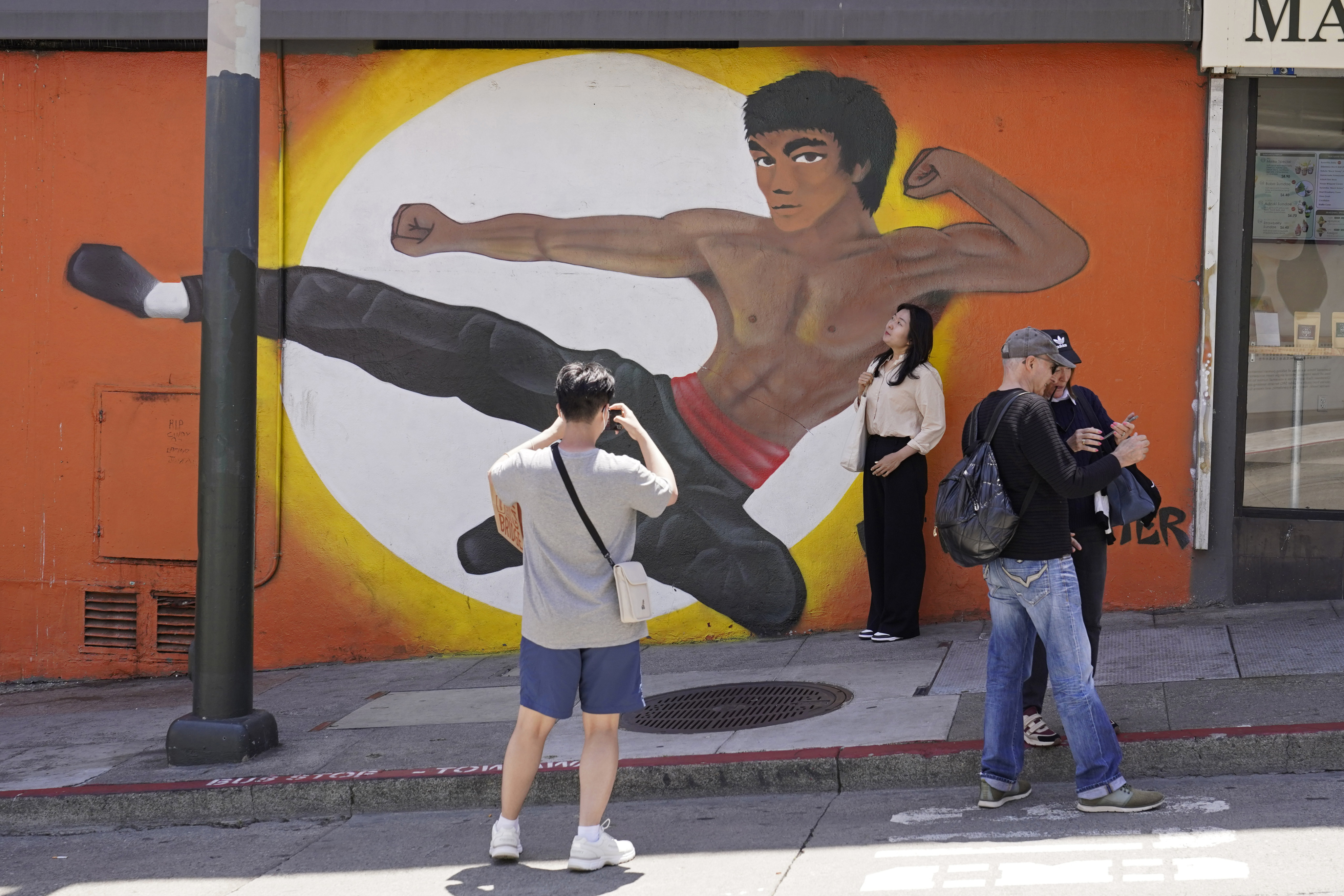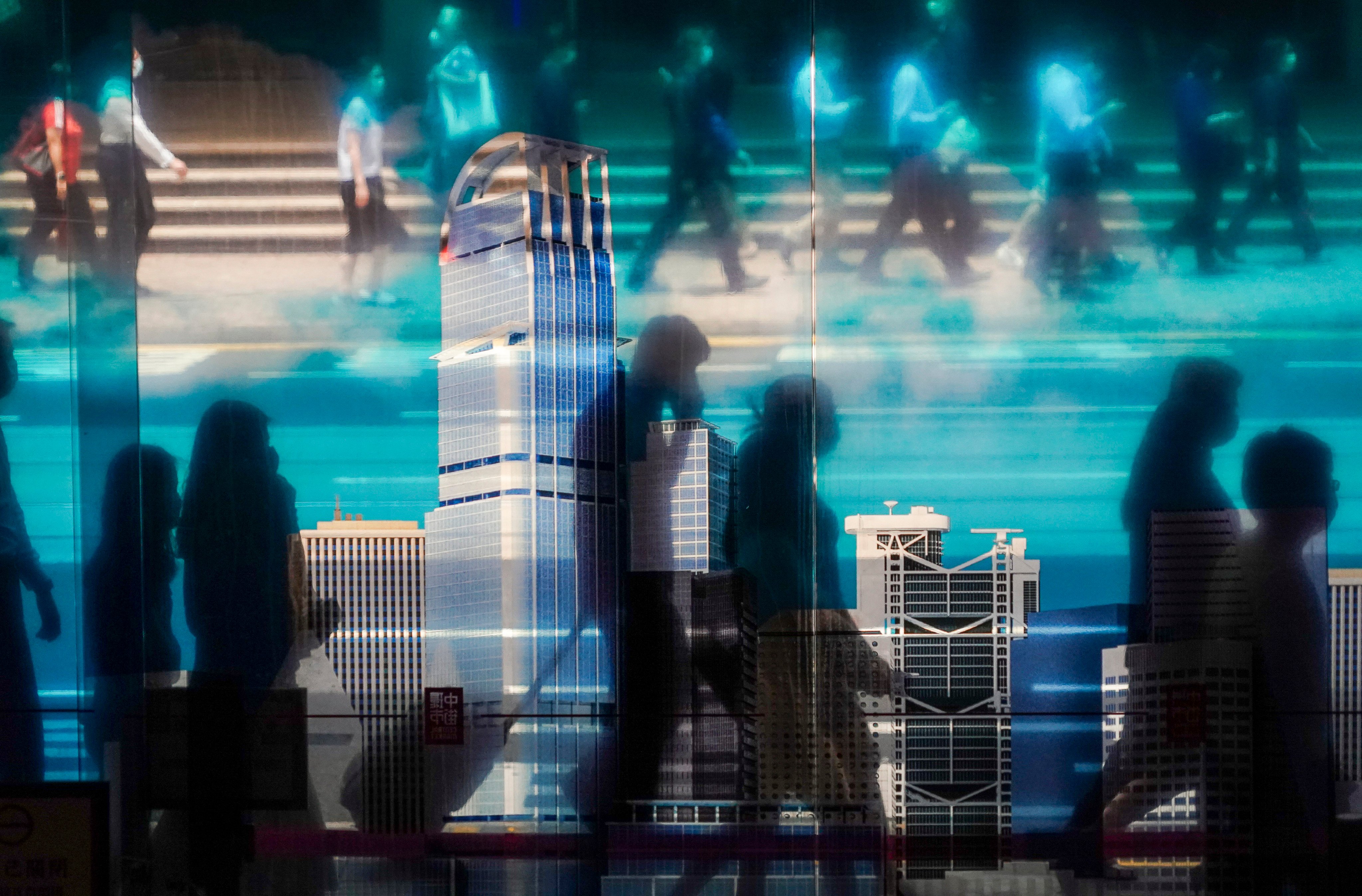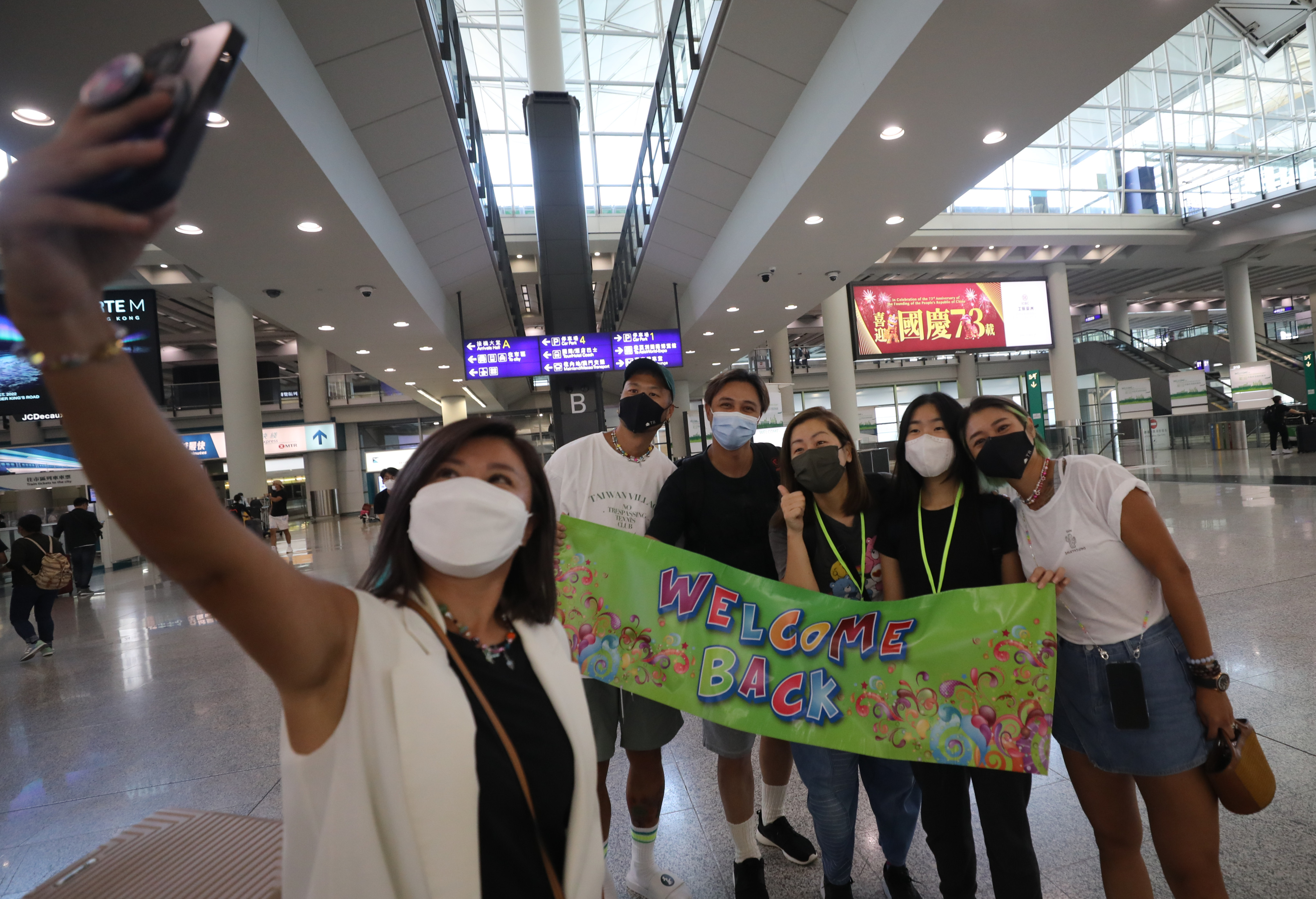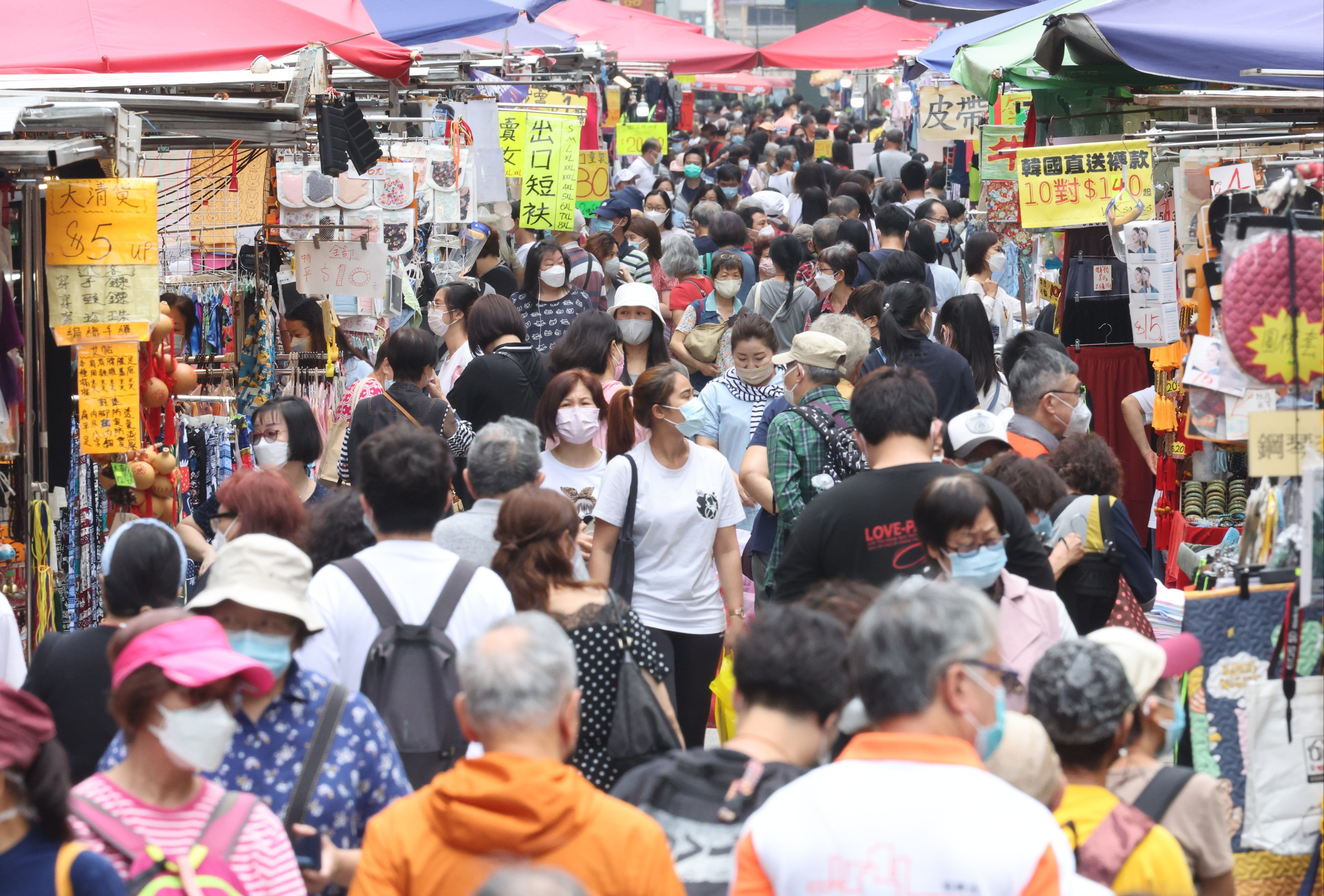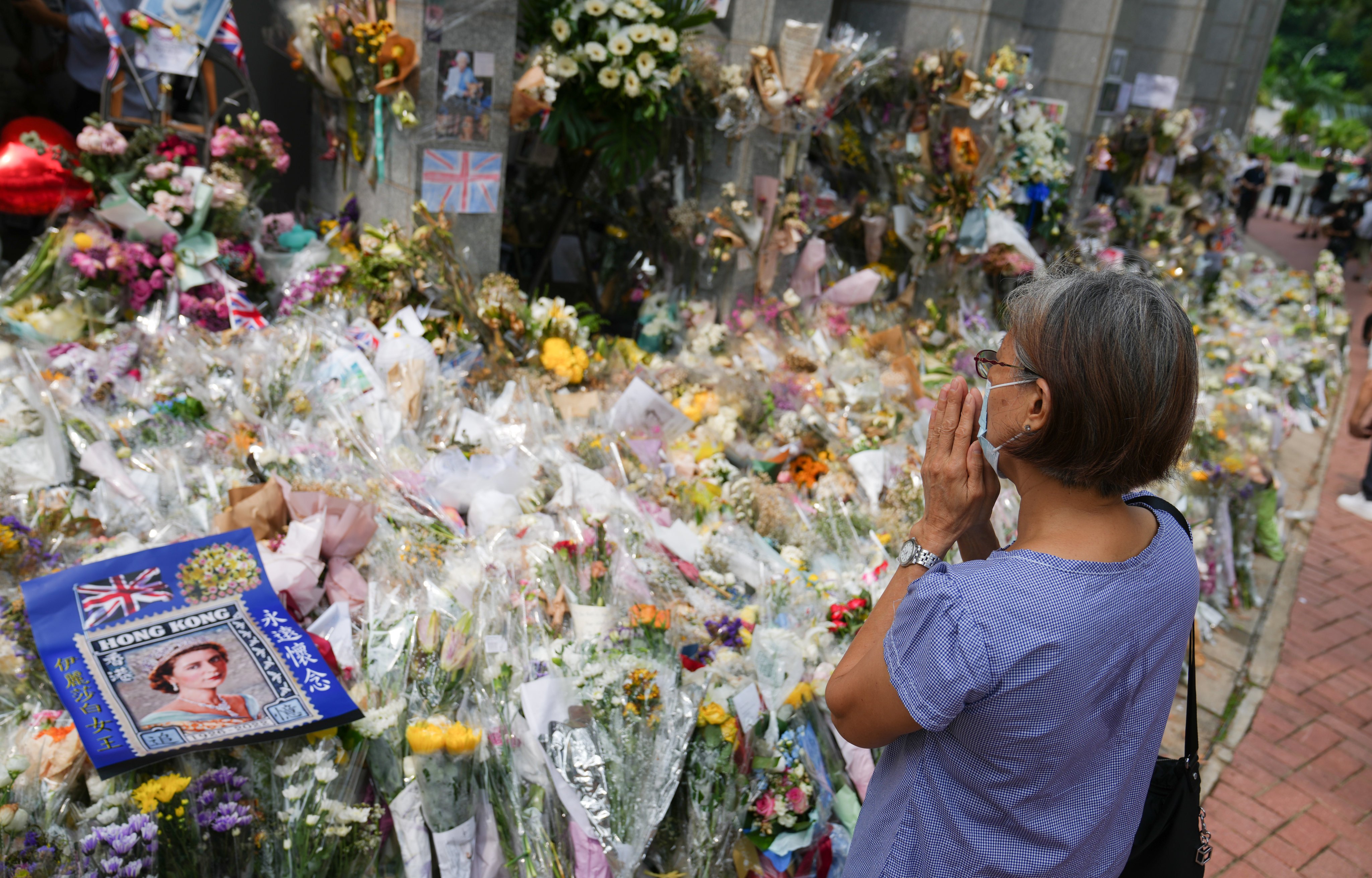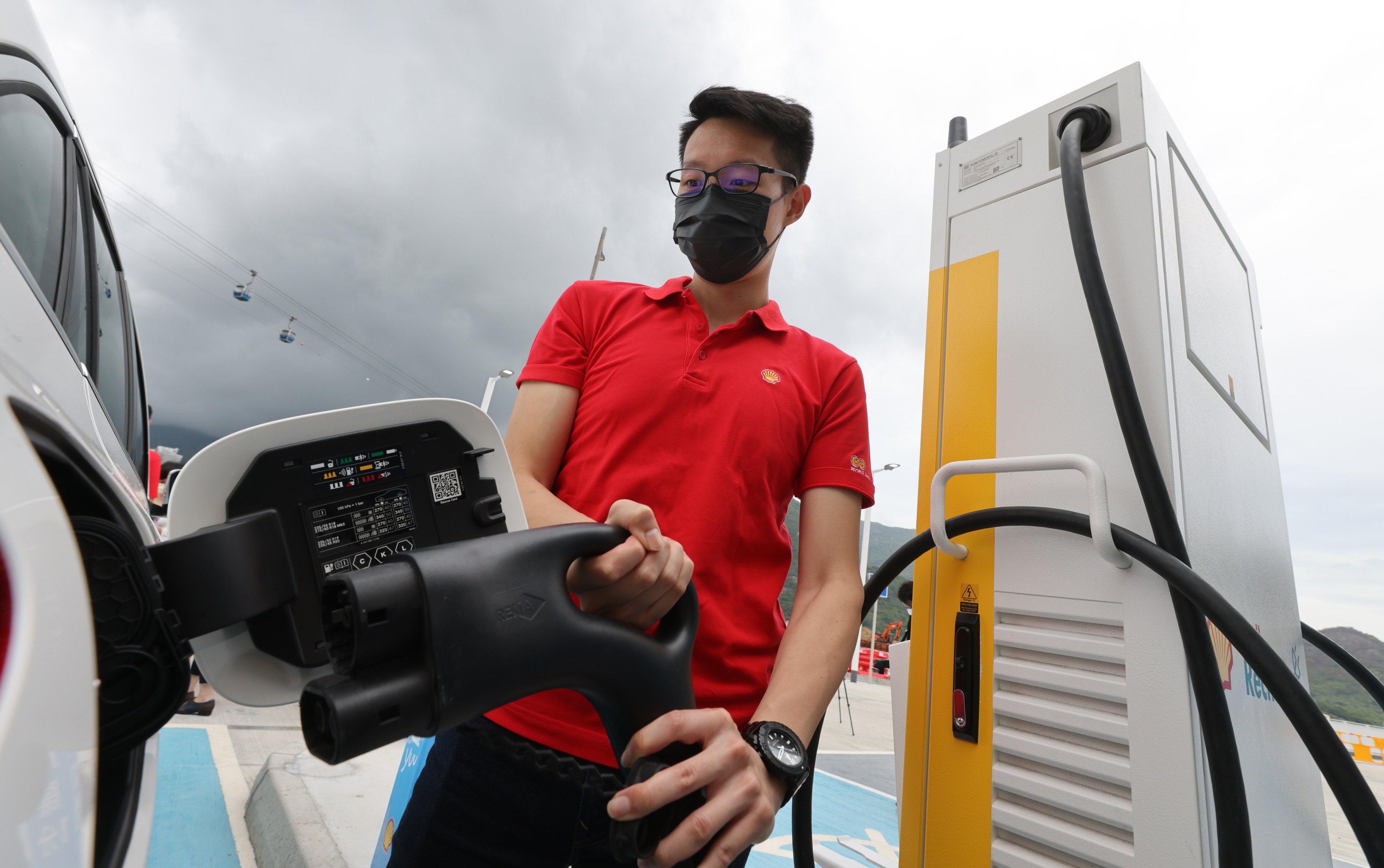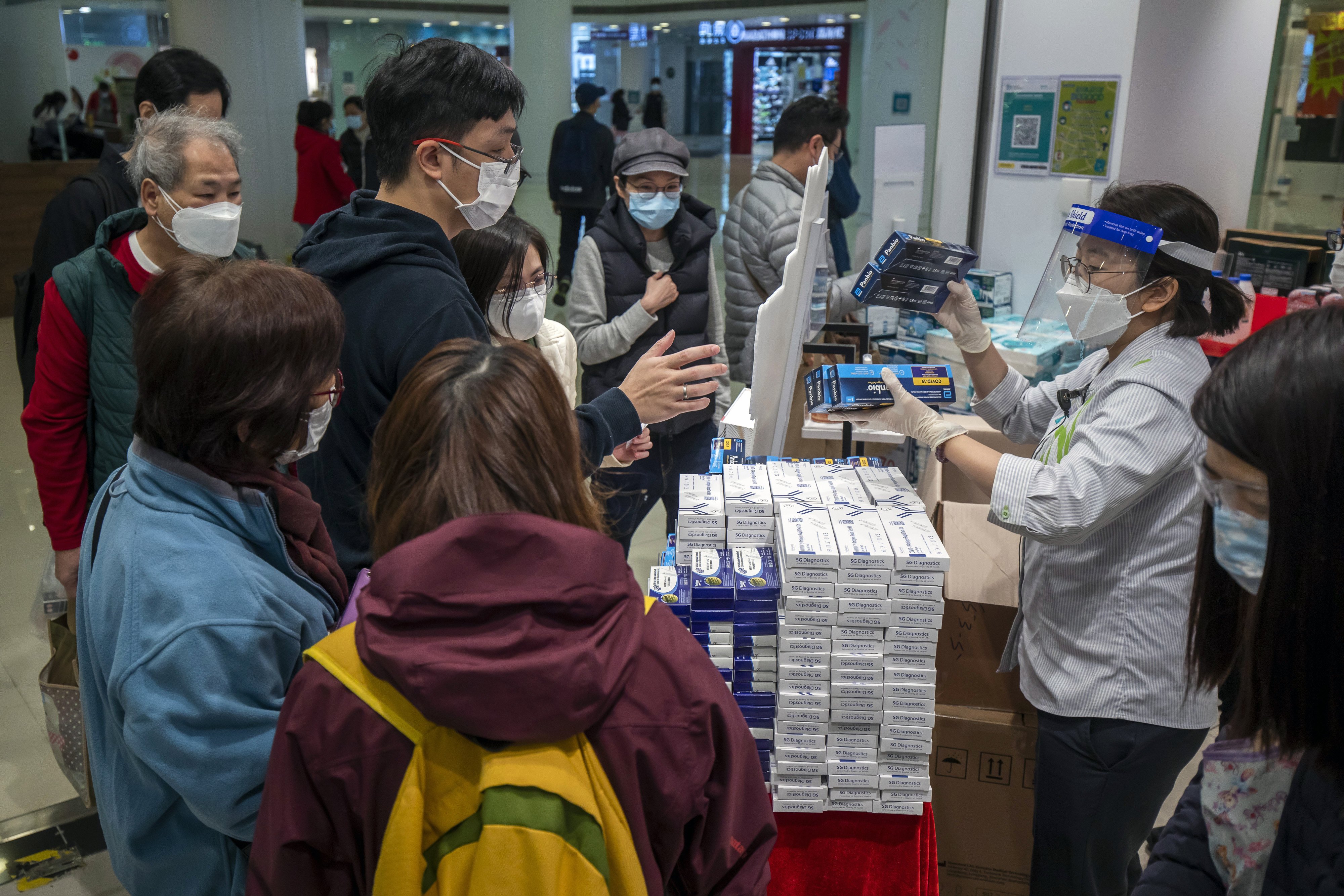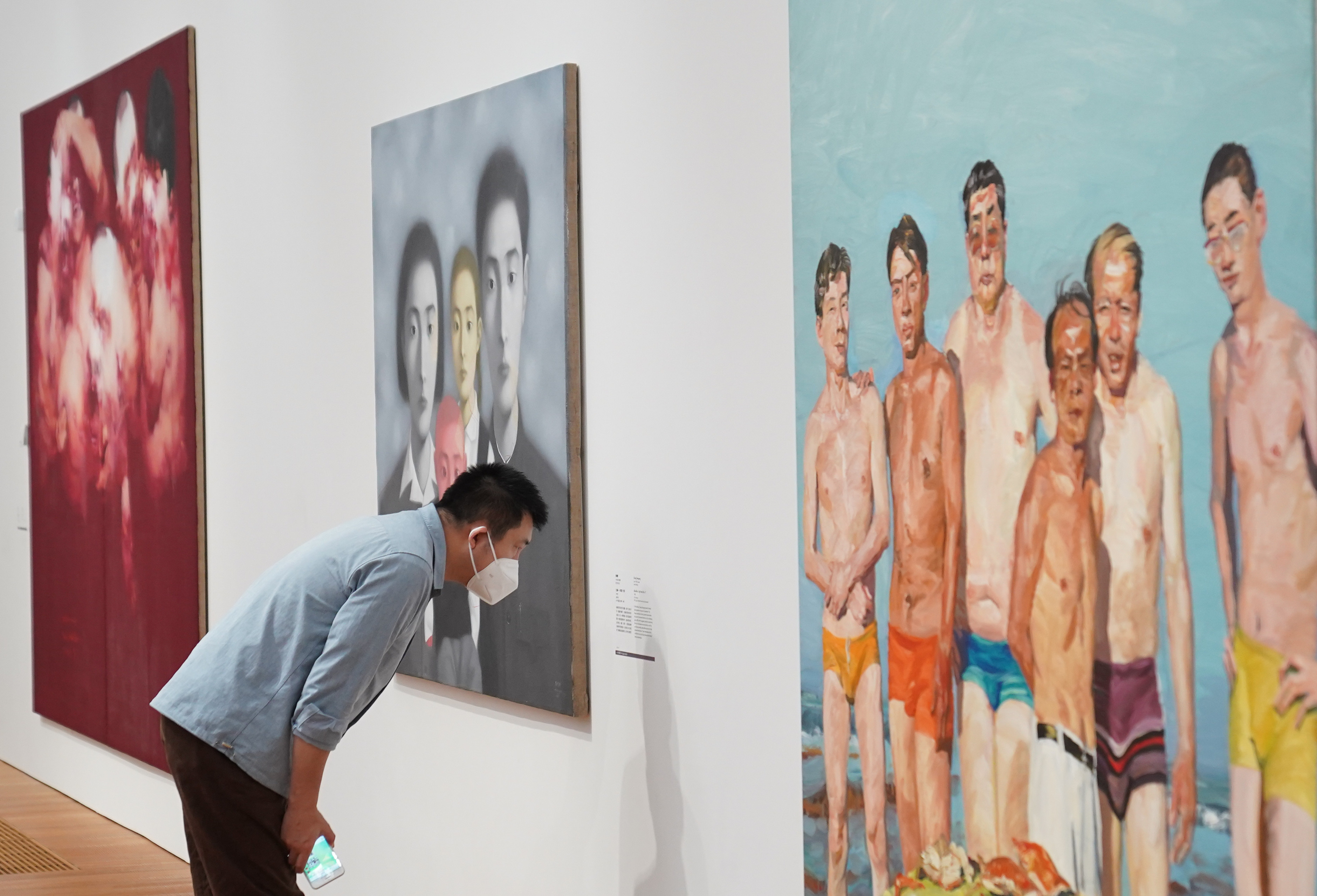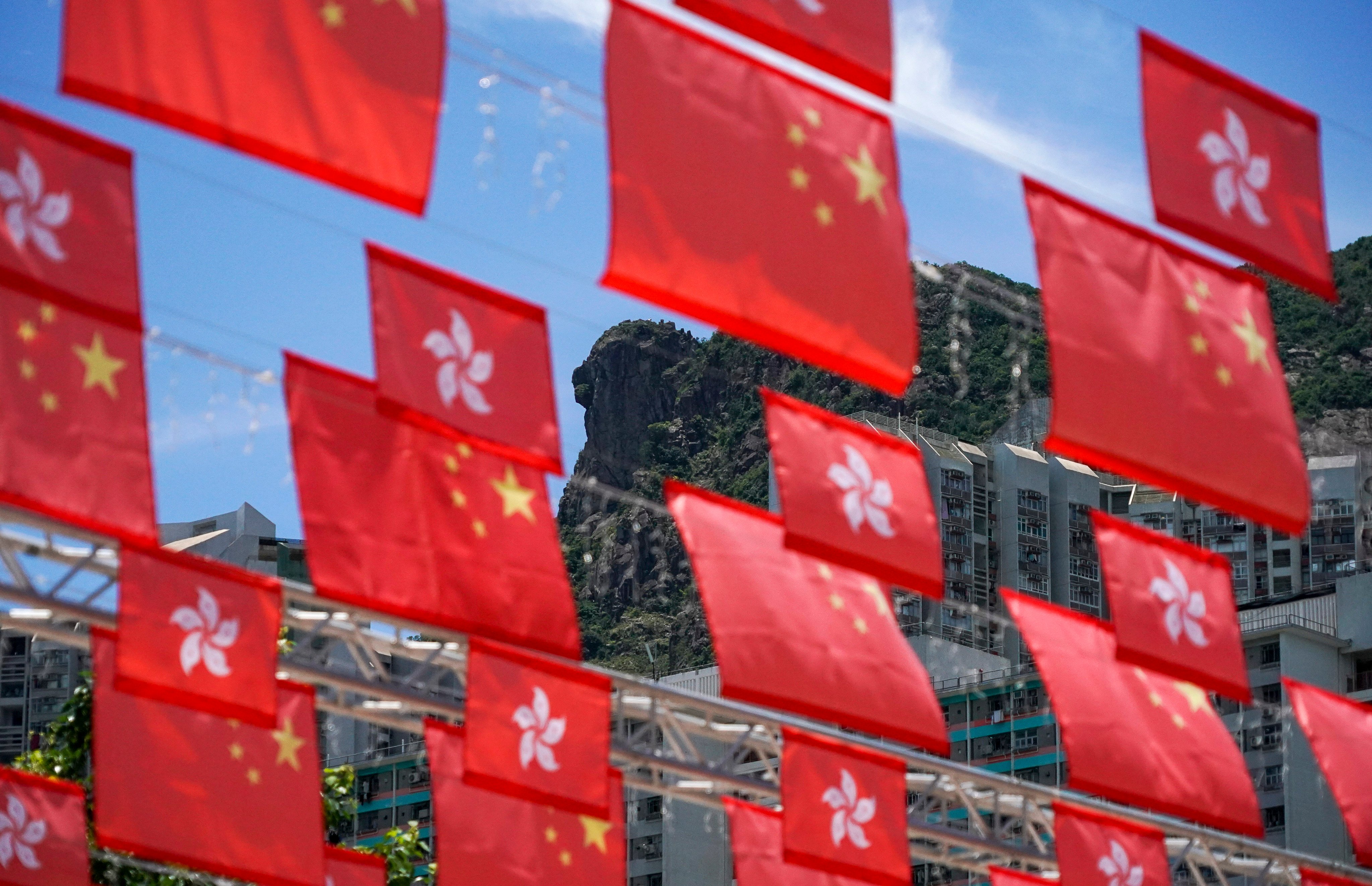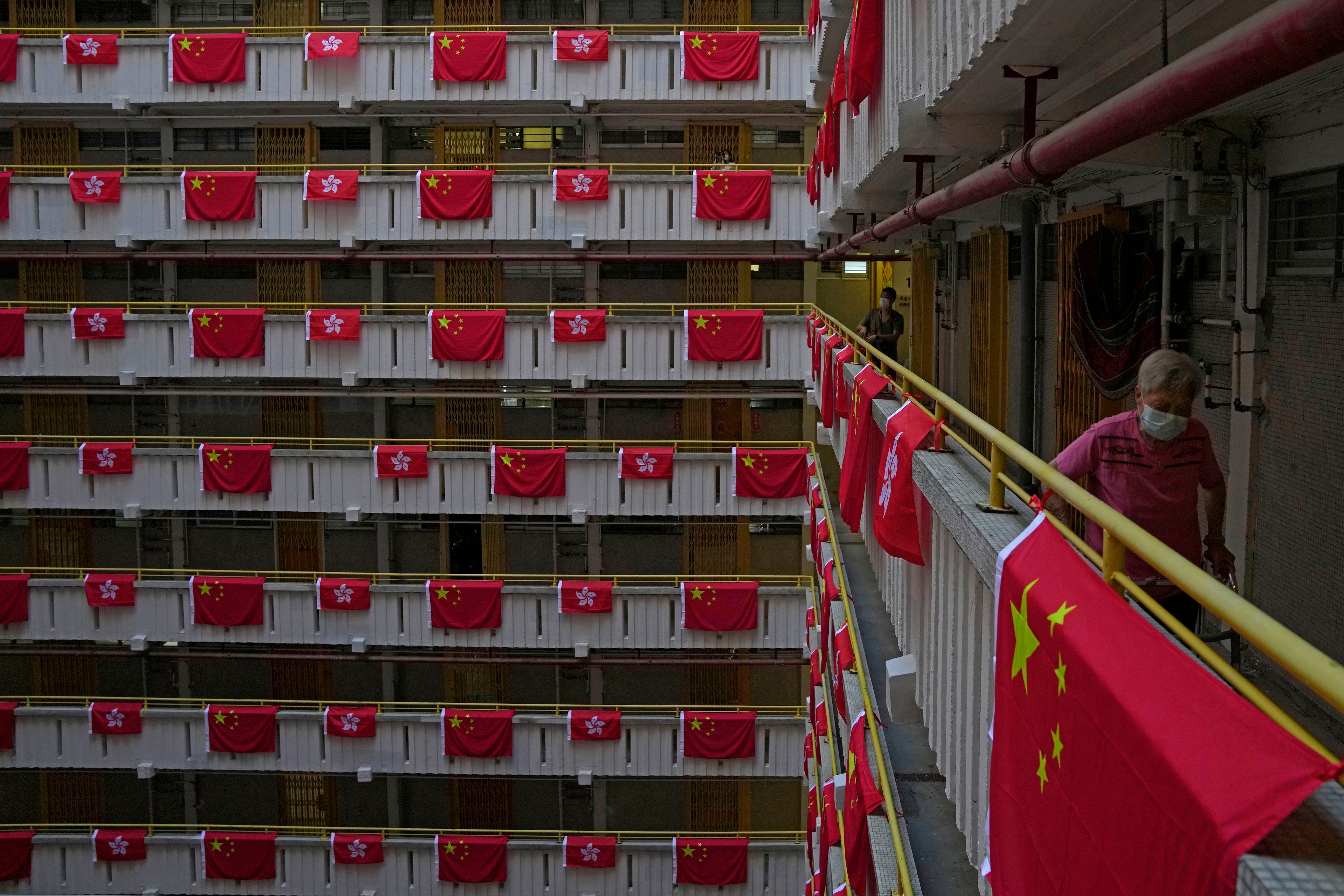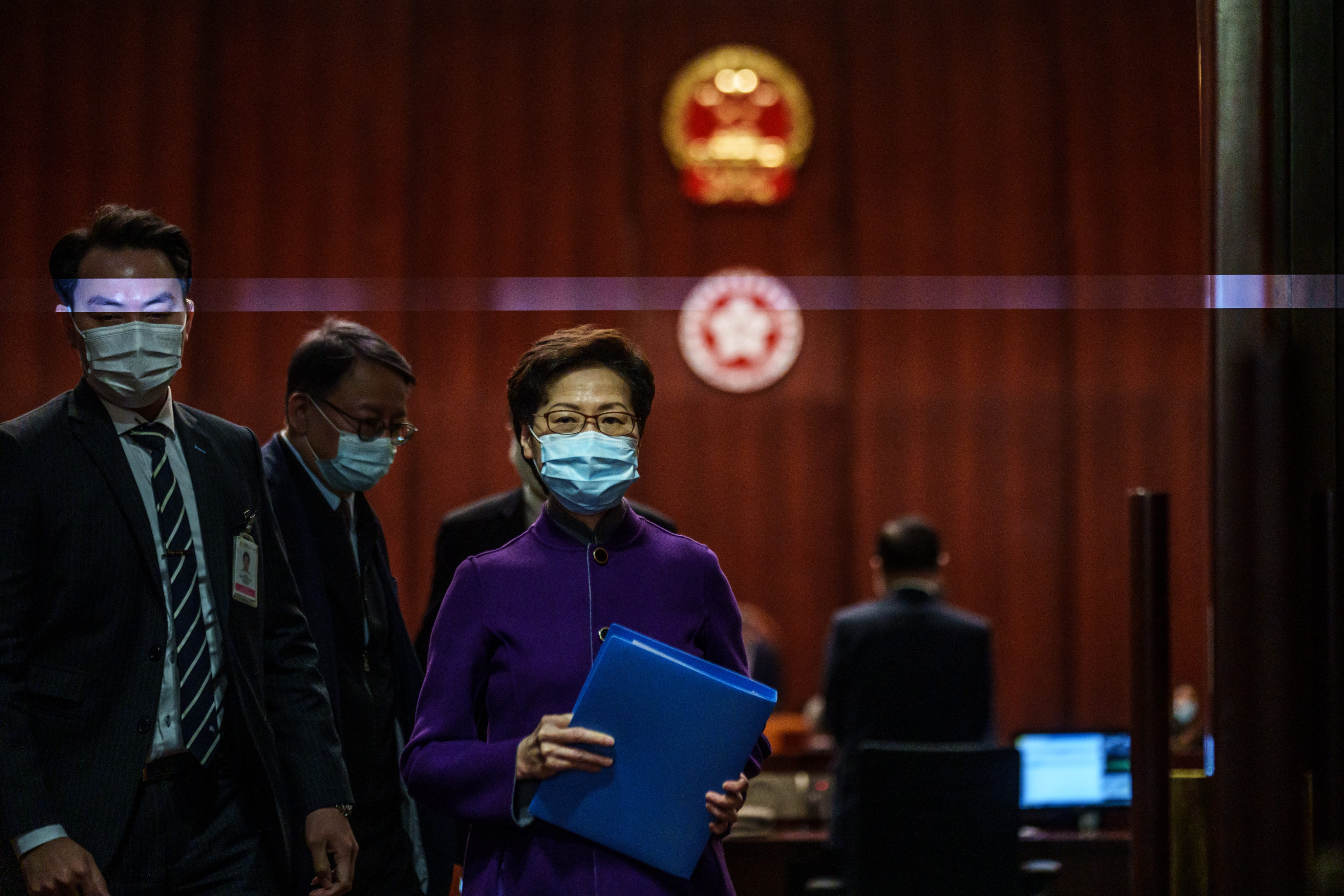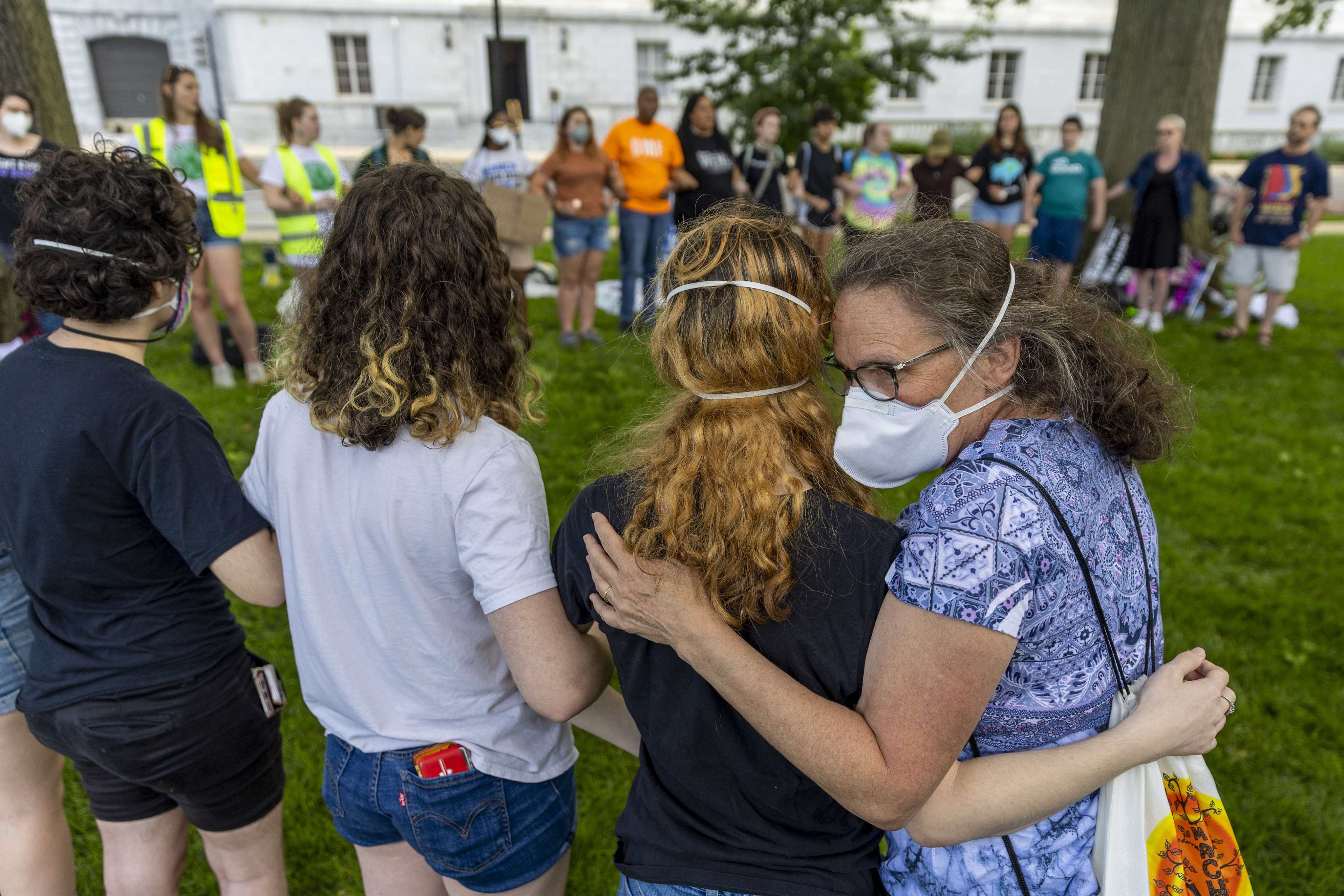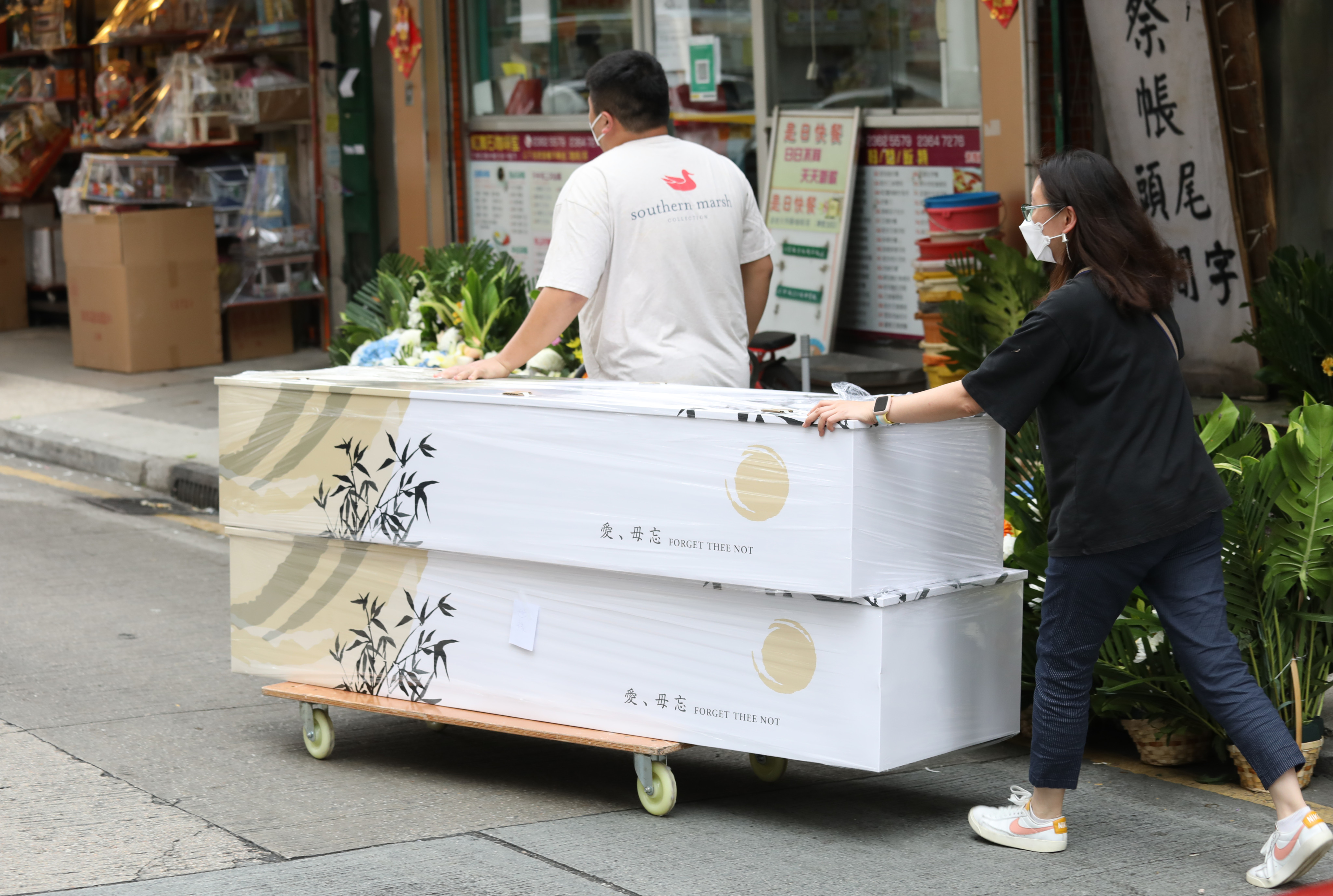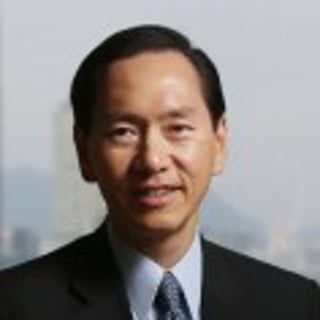
The work-from-home trend and tourist downturn during the pandemic fuelled business closures, exacerbating urban decay in an area already struggling with crime and homelessness. Hopefully, progress can be made on the mayor’s revitalisation plan before the city hosts world leaders in November.
Should areas of outstanding natural beauty be destroyed when there are better solutions to our housing problem? Given the government’s long-term housing strategy, using part of a golf course to build 12,000 flats seems to be a short-term move to deflect talk of elitism.
Respect, understanding and tolerance of others’ cultural values are fundamental to an open and inclusive society. Working more closely across the international community is the only way to overcome the most difficult challenges facing humanity.
Singapore has become a victim of its own success, with the cost of living skyrocketing on the back of overheated property and car ownership markets, while Hong Kong’s strong recovery continues to offer abundant economic opportunities.
Through liaison office director’s message, the central government has shown it believes it is in everyone’s best interest to maintain the status quo in Hong Kong. Despite the geopolitical challenges, the city has a real chance to play a global role – if it is proactive.
Using the dollar to punish countries or keep them in line is causing geopolitical rifts and fears on top of a blooming of payment and settlement alternatives. Yet what the world needs to rise to its many challenges is more engagement, dialogue and collaboration.
Judging from the appetite and feedback from participants, a bright future awaits the local arts scene and Hong Kong’s ambitions to be an international cultural centre.
As Hong Kong’s population ages, those caring for elderly relatives often lack support, resources or the ability to make decisions concerning their loved ones. Creating a central depository for legal documents would ensure the wishes of the elderly regarding finances or medical treatment are met.
Busy events calendar in March alone will help restore confidence and signal to the world that Hong Kong has moved on from Covid-19.
The men-only guest list for the launch of the city’s new tourism campaign was a regrettable oversight, especially given how little it reflects the current diversity in government and efforts to promote it in the private sector.
Those jailed for their roles in the 2019 protests will understandably face tremendous difficulties in finding employment upon release. Yet if our city is to heal past wounds, we must help ex-offenders become productive members of society again, and this is where employers play a crucial role.
One US university’s attempt to eliminate biased language from campus has revived discussions about the limits of free speech. While Hong Kong generally has a relaxed attitude to language use, the rise in anti-Asian attacks in the US is a reminder that hateful rhetoric can incite violence.
China’s abrupt reversal after years of strict pandemic controls caught many by surprise, including local officials and the healthcare system. While there is much concern as the new approach takes shape, the return of quarantine-free travel and major events give reason for optimism.
After a year of sporting excitement and economic turbulence, Hong Kong is emerging from Covid-19 to fresh possibilities and a long-awaited return to normality.
Nearly 15 years in the NPC has been an education in China’s state functions, challenges and ambitions – and in gaining perspective on Hong Kong. If we are to cement our connector role, we need to learn more about China’s complexities and how we can add value.
From depression to anxiety, Covid-19 has worsened mental health worldwide, and Hong Kong in particular is suffering. Improvements are urgently needed, from a better public health system to expanded youth support and an end to stigma.
In fields ranging from business and academia to sport and film, Hong Kong has been the birthplace of legends past and present. With the global spread of Hong Kong-born talent, our city’s ‘dream big’ attitude and can-do spirit is on full display for the world to see.
Hong Kong isn’t alone in facing a shortage of future-proof talent, which means it needs to be extra competitive. The necessary steps – reform education, reskill workers, improve quality of life, retain talent – are well known, but require collective effort.
The government deserves praise for removing hotel quarantine relatively quickly, but much more must be done to return to normality. It is time for the responsibility for Covid-related health to shift back to individuals as we cannot afford to test and quarantine forever.
Hongkongers who are travelling again may encounter more frequent crimes in what seems to be a new normal in many overseas destinations. But we can take heart that we are returning to one of the safest cities in the world.
The death of Britain’s longest-serving monarch raised questions about the monarchy’s future and complex feelings about colonialism. However, in Asia, where self-sacrifice and filial piety are highly valued, her lifelong devotion to service also touched many.
The city was ahead of the US, Canada and the rest of Asia in announcing a ban on new petrol car sales by 2035, and is now a leading Asian city in EV sales. But more can be done, including encouraging businesses to adopt carbon-friendly vehicles and expanding charging infrastructure.
The mountain of single-use plastic waste from Covid-19 has seriously set back sustainable development goals for Hong Kong and the world. We need to take account of all the plastic waste when formulating testing, quarantine and mask policies, build effective waste management systems and recycle more.
While most don’t receive widespread attention, industrial workplace injuries and fatalities are all too common in Hong Kong, with eight deaths in the first half of 2022 alone. Construction work poses the highest risk, but with relatively light penalties for those who break safety laws, there is little impetus to improve conditions.
For years, the city lacked the reputation for art and culture enjoyed by other financial centres like London and New York. After much nurturing and investment, Hong Kong now boasts an array of platforms for artists and art lovers, drawing interest from all over the world.
As Hong Kong marked the 25th anniversary of its return to China, questions were raised over the long-term viability of the ‘one countries, two systems’ framework. In his speech, China’s president clearly signalled that the system will continue after 2047, which should reassure those concerned about the city’s prospects.
The city has matured considerably despite being new to governing itself following the handover in 1997. If Hong Kong continues to play a key role in serving China’s interests, there is no reason one country, two systems cannot extend beyond 2047.
While the focus as Lam concludes her term will no doubt be on her toughest moments, they shouldn’t define her leadership. Lam has been a champion of art, innovation and heritage conservation, and has taken on seemingly intractable issues like housing and waste management.
The choice to terminate an unwanted pregnancy is seldom a painless decision, and a woman’s right to make that choice is never a black and white issue, fitting neatly into the camps of pro-life or pro-choice.
Dying intestate risks leaving after-death decisions to a probate court or for loved ones to tussle over when a simple will, or even an advance directive, can protect the next generation from a lot of grief.

